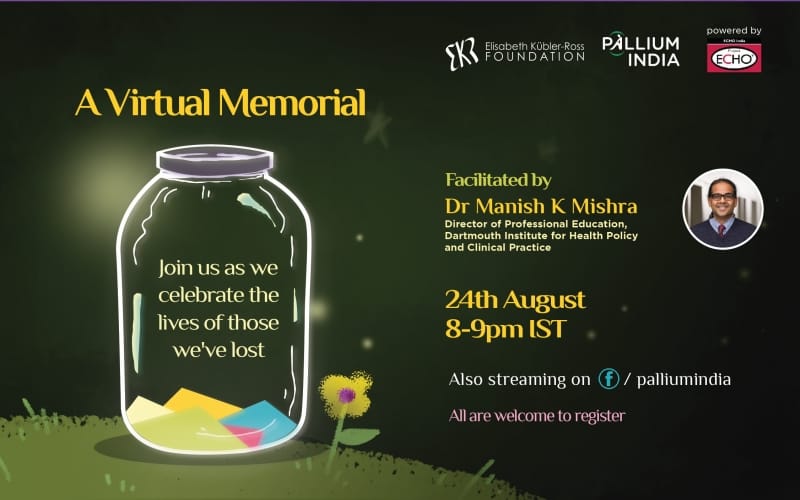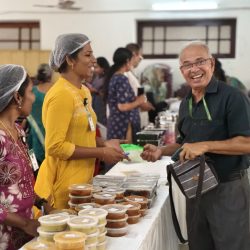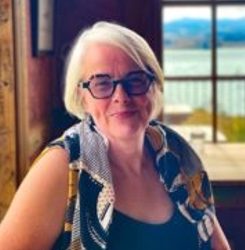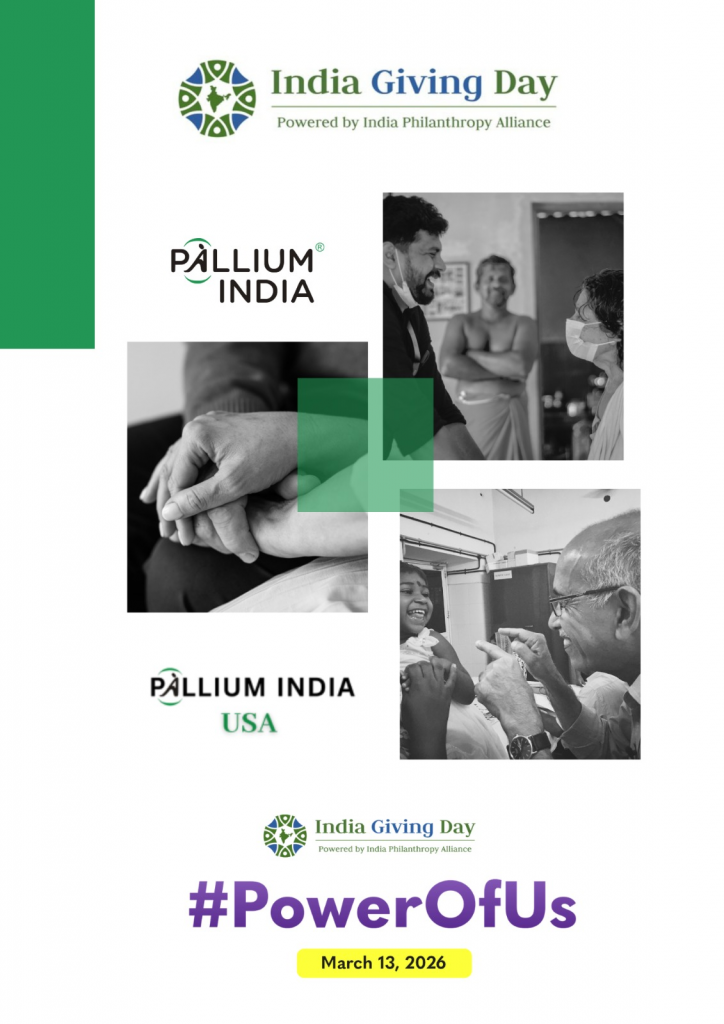LIVE Event: A Virtual Memorial
Monday, August 24 (8 to 9 pm IST) – An evening of remembrance in honour of those we have loved and lost and to reinforce the need to embrace life, prepare to face death and celebrate life fully. This open event will be held over a Zoom platform.

Click here to register for this second event: https://zoom.us/meeting/register/tJIscOmopzIjE9xAV_wLkCm5BjupH639ciRn
In the current pandemic, death is all around us forcing people to not only think about their own mortality but also examine the many ways in which life may be lived more meaningfully and face death with more equanimity and grace. Dr M R Rajagopal, Chairman – Pallium India and a board member of the EKR Foundationsaid, “There is strength in recognising that death is the inevitable consequence of life and that it is healthy to talk about it. This event encourages each one of us to recollect memories of how people understood death in their childhood, grief and guilt over losing loved ones, the pain of disease management, and how we would like to die.”
Impending death without the opportunity for expressions of love and a final goodbye often leads to complicated grief for the family with major social and emotional adverse consequences. The missed opportunity to get one’s affairs in order or have important conversations too can have multi-generational impact.
The crisis has denied many patients appropriate healthcare leading to tremendous but avoidable suffering before death. People are dying in isolation and families deprived of the usual rituals of mourning and farewell are faced with a kind of grief that has never been experienced at this scale.
“Advancements in modern medicine, technology and interventions have led Indians to become a death-denying society. By removing the taboo surrounding death and making it a conscious part of daily life can help overcome some of the more ungrounded fears propagated by modern myths. Opening oneself to conversations around end of life care planning and having these discussions early on can empower families to be better prepared, reduce the sense of helplessness, access more appropriate and compassionate care and even create a support system in which grief is experienced and expressed in a healthier way”, said Smriti Rana, Director – Programs, Pallium India.






